“If you are too slow to transform, the larger changes will not help you – they will destroy you”
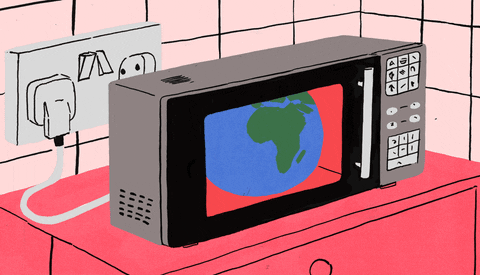
Climate change calls for transformation, but the field contains a lot of “hot air” and “greenwashing”, say three CBS researchers who can help businesses keep their noses to the grindstone. One researcher even wants to transform how research is being conducted. “Researching like in the 70s will not solve any problems,” he says.
March 26, 2020 marked the so-called Country Overshoot Day for Denmark, meaning that if everyone lived like we do in Denmark, the demand for ecological resources and services would, from that date on, exceed what Earth can regenerate, according to overshootday.org.
For the entire world, the Earth Overshoot Day for 2020 was August 22.
So if Earth should be capable of regenerating what we had used, from that day onwards we should stop using any resources. In 2019, Earth Overshoot day was July 29, and in 1975 it was about December 1.
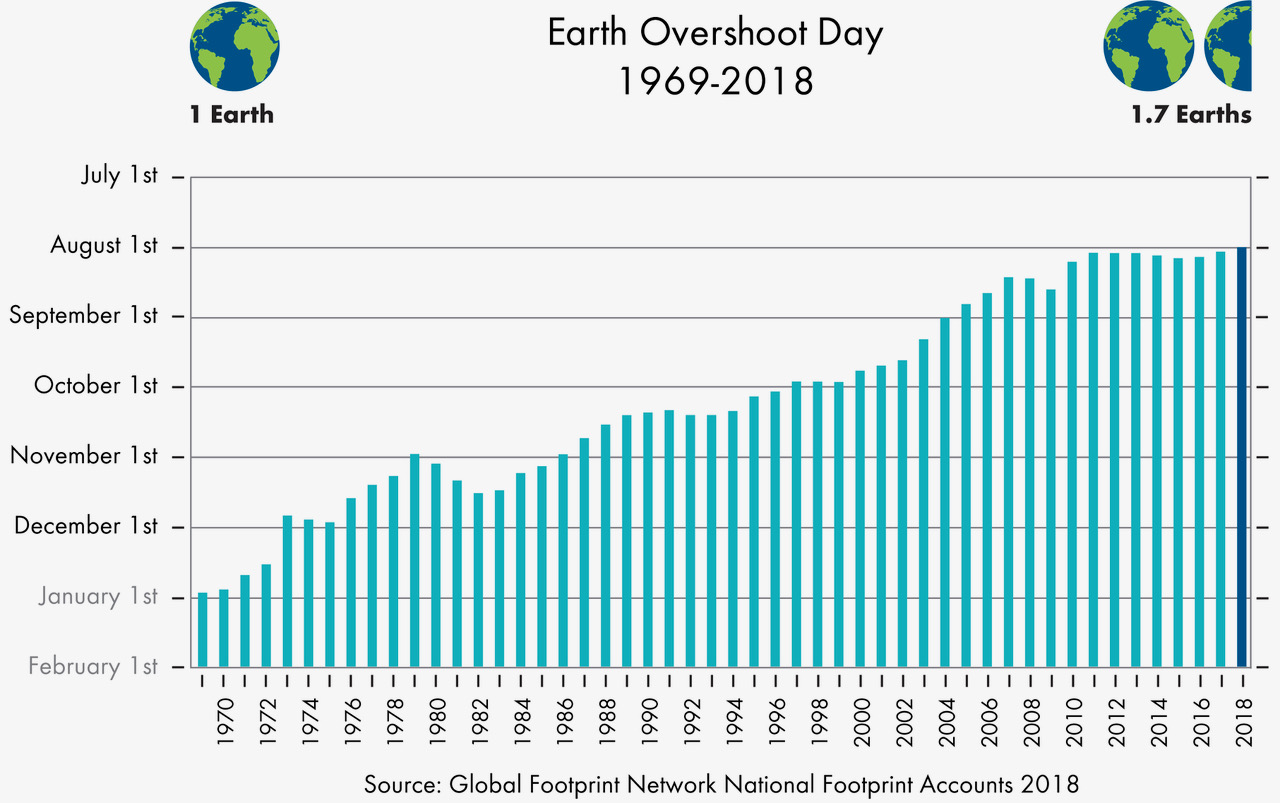
Earth Overshoot Day is just one of many arguments for why a green transition is a global necessity. But how do we make that transformation happen?
CBS WIRE has asked the three CBS researchers, Steen Vallentin, Maria Figueroa and Andreas Wieland to reflect on the issue and discuss the term ‘transformation’ – a keyword in CBS’ new strategy, which aims to “transform society with business”.
“If we had any easy solutions to this challenge, we would probably have found them already. The devil in the detail lies in the trinity where consideration for the environment goes hand in hand with consideration for social well-being and economy prosperity,” says Steen Vallentin, Associate Professor at the Department of Management, Society and Communication and Academic Co-Director of CBS Sustainability and continues:
“Seen in isolation, Covid-19 may have been good for the natural environment and the climate, as the industry is not in full swing – but it’s certainly not been good for our society at large. The real challenge lies in finding solutions that are transformative yet able to support environmental, social and economic imperatives at the same time. It’s a daunting task.”
With their academic roots in the social sciences, they do not depend solely on the natural and technical sciences to solve those problems. Instead, a change of culture and mindsets as individuals, researchers and businesses is needed if we want to make the transformation happen.
Early-mover advantage
One way of changing a mindset is to alter how we approach a crisis situation – like the climate crisis, explains Andreas Wieland, Associate Professor at the Department of Operations Management.
He specializes in supply chain management, and can easily see how different approaches to crises in the industry affect businesses.
“By transitioning to electric cars, Tesla has used the planetary crisis as a business opportunity, instead of viewing it as a threat. Conversely, German and Japanese car manufacturers have just slightly optimized their combustion engines, so that they are less harmful, but Tesla says: ‘No, that’s not enough’. It has an early-mover advantage, and now other car manufacturers want to be like Tesla,” he explains.
Andreas Wieland is, of course, well aware that moving from combustion to electric engines creates other problems, such as child work in the cobalt mines in Congo, and calls for an even larger transformation of our traffic system.
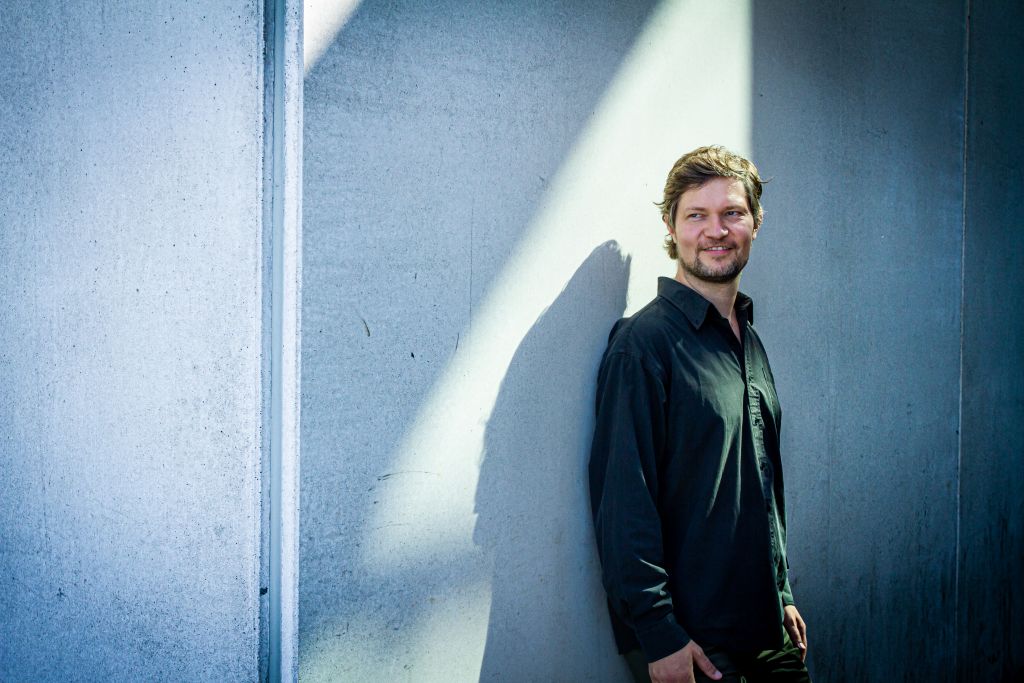
Associate Professor Andreas Wieland has recently published a scientific paper in which he criticizes his own field. The paper, has to his surprise, received a lot of attention. (Photo by Anna Holte)
In fact, Andreas Wieland believes that many businesses and industries are at risk of extinction if they fail to adopt a different approach to the necessary transformation that many individuals, organizations, politicians and governments are striving to achieve.
“We will see many traditional companies that are trying to preserve their old business models disappearing as the world changes around them. If you are too slow to adapt or to even drive transformation, the larger changes will not help you, they will destroy you. It becomes clearer and clearer for companies that they cannot just ignore our planetary boundaries and systemic crises. So why not seize an early-mover advantage like Tesla?” he says and adds:
“Tesla is not just adapting to their competitors, Tesla is driving the transformation.”
Similarly, Steen Vallentin explains that businesses are a driving force for the green transition, as they motivate and inspire each other.
“Carlsberg has won a frontrunner position with its ‘Together Towards Zero’ campaign, aiming, among other goals, for its breweries to reach zero emissions by 2030. What’s interesting here is that when Carlsberg announced its initiative, one of its main competitors delayed a new environmental program so that it could adjust its approach to the higher bar set by Carlsberg. This is an important aspect of being transformational in business: it’s not only about keeping your own house in order, it’s about raising the bar for the entire industry,” he says.
Carlsberg is not the only business that has climate and environmental strategies. Other businesses are following suit. However, strategies are easy to set – but fulfilling them is a whole other ball game, explains Steen Vallentin.
“Companies like Novo Nordisk and Maersk have made similar public commitments to eliminate their ecological footprint. However, like Carlsberg they don’t know – yet – how to reach these aspirational goals,” he says and continues:
“In a recent communication, Carlsberg made it clear that they know how to get to 2022, but from there to 2030 the plan is more sketchy. This is a characteristic of developments of sustainability in recent years: a lot of urgency and aspirational goals aiming for ‘Net Zero’ or even ‘Net Positive’, but also awareness that we don’t know how to get there yet.”
“We are exceedingly good at advancing – but not socially”
When the Intergovernmental Panel on Climate Change (IPCC) publishes its reports, they always attract intense media attention, as they list existing research and, for example, describe how an increase over 1.5-degree in global temperatures will impact natural and human systems.
Maria Figueroa, Associate Professor at the Department of Management, Society and Communication, is a Lead author in the ongoing production of the sixth assessment report of the IPCC that will be finalized in 2022, and she sees a clear need for researchers and governments to understand how civil society will react to the changes and transformations they must implement if we want to keep the global rise in temperatures below 1.5 degrees.
We’re in denial, and that’s a sign of privilege
Maria Figueroa
“When I moved to Copenhagen, small cars were the norm everywhere in the traffic. Nowadays, big cars are trendy in Denmark. People love huge cars, even though this trend is more damaging to the environment. And that’s problematic in many ways and exemplifies a key responsibility question, where do we start? Do we regulate more so the car manufacturers have to change or stop producing big cars, or do we nudge people not to buy them?” she asks and continues:
“We are exceedingly good at advancing technological innovation – but not so much in understanding what is possible or feasible socially. And that’s what we must explore. How can we communicate the need for change and make people act accordingly? We don’t know.”
She explains that paradoxically the effects of climate change that we have experienced can represent a natural barrier for making people, businesses and governments commit to the cause.
“The regions most affected are the poorest, and they are the least prepared to deal with the storms, floods, hurricanes and droughts caused by climate changes. In other regions, like Denmark, it’s easier to dismiss the severity of these changes. We’re in denial, and that’s a sign of privilege,” she says and continues:
“We may not have white winters as often, but that’s a small loss. So people ask themselves – do we really need the transformation? And that’s the conversation we need to have, especially when we are in the business of educating the future leaders that will be addressing these challenges.”
She points out that, although climate change and the state of the environment have been on the agenda for decades, encouraging people to commit to the cause is still difficult.
“With so many years of CSR, SDGs and ESG, a lot of companies still don’t have just one sustainability person or centralized person or office to think this through and devise a plan for how to take the business in a new direction. It’s not an aim that’s in their DNA, as it needs to be,” she says
From the Stone Age to the Energy Age
Change will not happen without a spark, and Steen Vallentin, Maria Figueroa and Andreas Wieland all agree that researchers must help ignite that spark.
“There is a lot of aspirational talk, hot air and greenwashing in sustainability, so my role is to keep the businesses’ noses to the grindstone, to ask the right critical and constructive questions and to help them make sense of developments and inspire them to work with available solutions,” says Steen Vallentin and continues:
“We all see these gloom and doom scenarios ahead, but we can help businesses grasp what us going on and what it can mean for them, and sometimes we do that better through our teaching and various practitioner-oriented outreach activities than through publishing papers aimed at a smaller audience,” he says.
The real challenge lies in finding solutions that are transformative yet able to support environmental, social and economic imperatives at the same time. It’s a daunting task
Steen Vallentin
Although we are still missing many pieces of the puzzle that will ultimately transform our society and make our living compatible with the Earth’s planetary limits, research is playing a pivotal role in finding those missing pieces, explains Maria Figueroa.
“Research is fundamental for understanding the magnitude of the mess we are in. But research and knowledge are also key drivers for a transformation. We know how much damage fossil fuels are wreaking, and we know we have alternatives and must use clean energy instead. Making that transition fast is tricky,” she says and continues:
“We didn’t pass from the Stone Age to the Fossil Energy Age because of lack of stones. We have plenty of coal and oil available that could last decades. But we know we have to using it and switch to renewable energy, while leaving the remaining oil underground. Research is what has told us that this course of action is required, and it is what can help us find a feasible way to do it.”
Making research transformative
For Andreas Wieland, disseminating knowledge that can help managers to change their practices is not enough. He wants to change how research is conducted. Because according to him, many researchers and universities are stuck in a time bubble.
“Today’s business schools still organize themselves in departments that represent intellectual silos such as ‘accounting’, ‘marketing’ or ‘operations management’. These silos are cemented via conservative rankings, like the AJG list, that use similarly old-fashioned subject areas to group management journals,” he says and continues:
“Management research in the 1970s focused on five or six research variables, but nowadays artificial intelligence considers millions of variables. Following reductionist approaches is like being Kodak, not Tesla. So if we keep conducting research like we did in the 1970s and only focus on our academic silos, we will not solve the world’s problems, and we will also miss out on business opportunities.”
In November 2020, Andreas Wieland’s article entitled ‘Dancing the Supply Chain: Toward Transformative Supply Chain Management’ was published in the prestigious Journal of Supply Chain Management. What is so special about the paper? It criticized the entire field.
In short, Andreas Wieland questions the dominant theories about supply chain management, which “overlooks that supply chains have become both vulnerable and harmful systems”, he writes in the abstract. Instead, researchers should view supply chains as a social-ecological system.
“I have never received so much positive feedback on an article. Ever. And I had research colleagues who questioned whether I would be able to publish something that presents a critical view of my own discipline. And it didn’t happen because I followed the rules of my discipline, but because I broke them. I tried to be a bit like Tesla myself. This required me to take the risk and do something different,” he says and adds:
“Our academic incentive systems do not always support the Tesla path.”
Andreas Wieland encourages researchers and universities to follow the Tesla path, and in order to do that it requires transdisciplinary work.
“Key questions don’t relate to traditional silos, not even to management only, but to ‘circular economy’ or ‘digitalization’. We need to dismantle the traditional silos and move beyond them. A transformative business school needs to involve and integrate creative people with expertise in social-ecological thinking, climate science or digitalization, for example,” he says.



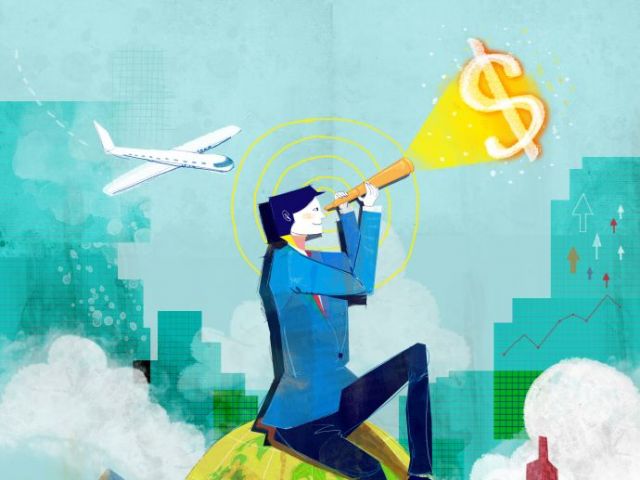
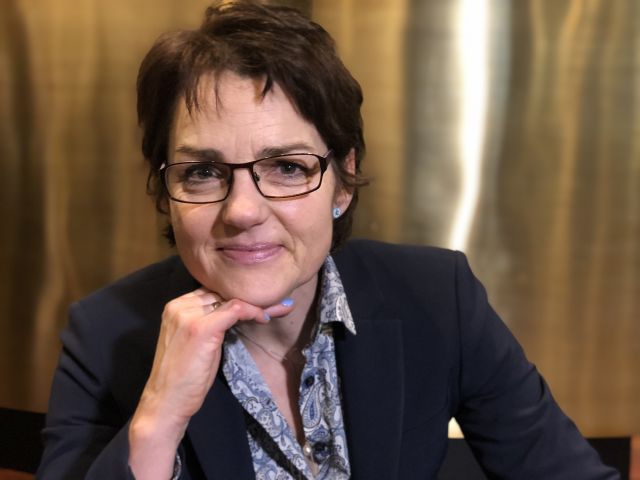
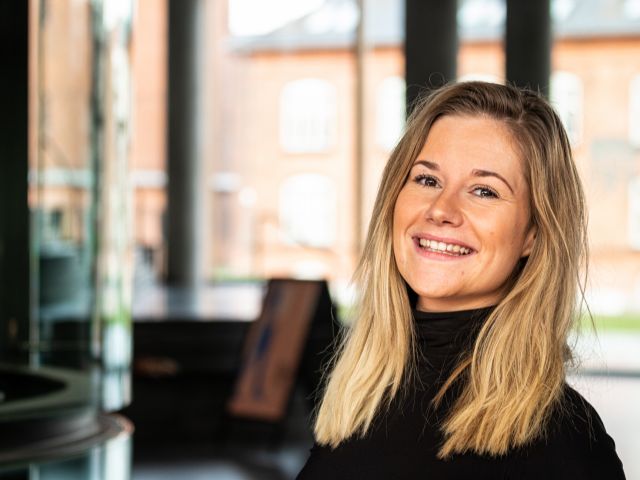
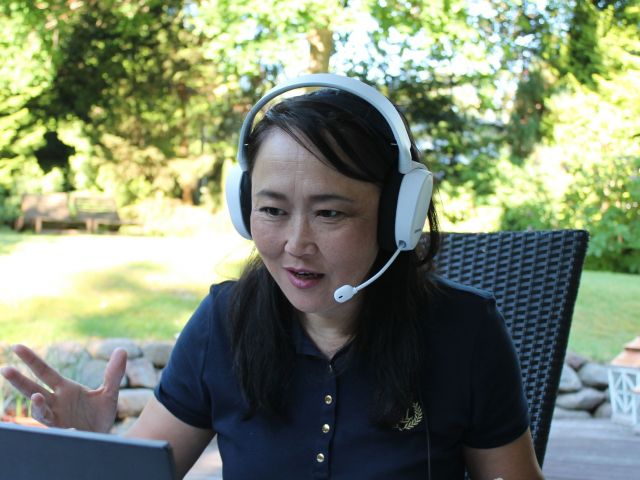

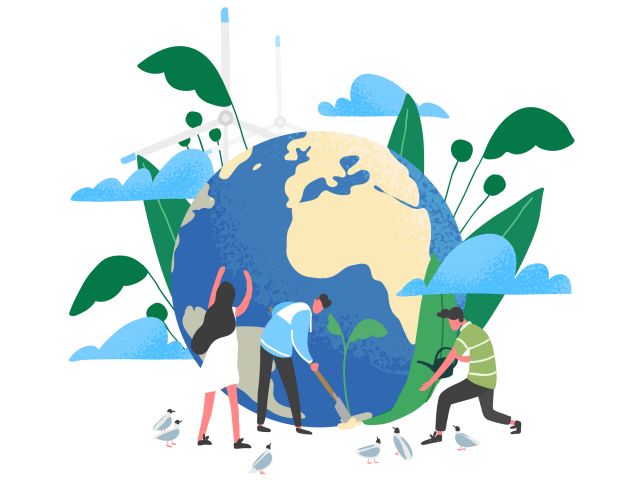































































































































Comments